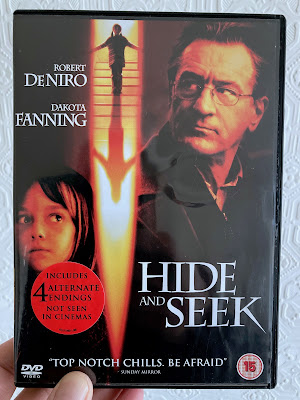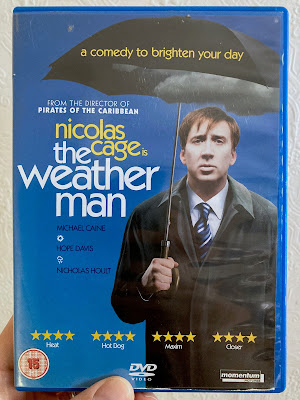Deeply flawed rom-com.
Photographer Maggie (Meg Ryan) and astronomer Sam (Matthew Broderick) team up to spy on and torment their former lovers, who have become a couple. This unlikely and mean-spirited premise sees the pair squatting in a New York City apartment opposite their exes and watching them by using Sam’s astronomy equipment for surveillance.
The story doesn’t work for a number of reasons, but mainly because it’s built around cruelty. Are we really meant to relate to them destroying the lives of the people who wronged them?
There are so many silly aspects:
1. Maggie is a revenge-crazed grungy biker/artist with perfect make-up. The film can’t decide how we’re supposed to feel about her.
2. Neither Maggie nor Sam have anything else they need to do, such as earning a living. They can spend all of their time dismantling other people’s lives.
3. The Frenchman Anton (Tchéky Karyo) who steals Sam’s sweetheart Linda (Kelly Preston) doesn’t sound French at all. I kept thinking that the plot would reveal him to be an American, but no, he was just acting badly.
4. There’s an absurd scene in which a bunch of kids are persuaded to spray perfume on Anton via water pistols. This sort of thing just doesn’t ring true.
It’s fascinating in a way, but the tone is all wrong and it’s simply not funny. You wonder why Ryan and Broderick ever got mixed up in something so misjudged.

















































